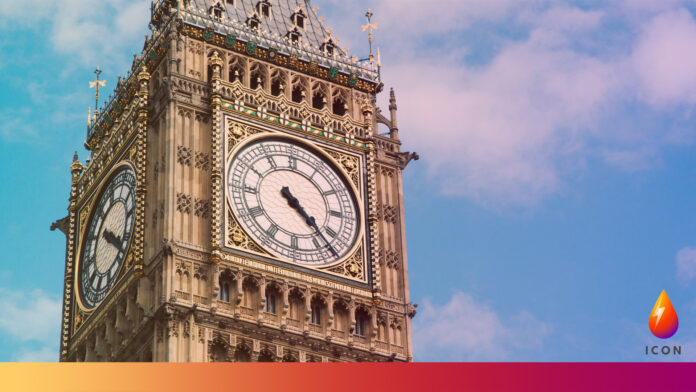Following multiple delays the Environment Bill has been passed into UK law.
The Environment Act is set to halt the decline in species by 2030, require new developments to improve or create habitats for nature and tackle deforestation overseas.
According to the UK Government, the Act will help transition to a more circular economy, incentivising people to recycle more, encouraging businesses to create sustainable packaging, making household recycling easier and stopping the export of polluting plastic waste to developing countries.
These changes will be driven by new legally binding environmental targets, and enforced by a new, independent Office for Environmental Protection (OEP), which will hold government and public bodies to account on their environmental obligations
Environment Secretary George Eustice commented on the announcement: “The Environment Act will deliver the most ambitious environmental programme of any country on earth.
“It will halt the decline of species by 2030, clean up our air and protect the health of our rivers, reform the way in which we deal with waste and tackle deforestation overseas.
“We are setting an example for the rest of the world to follow.”
The Environment Act includes a new legally binding target on species abundance for 2030, which is set to help to reverse declines of iconic British species like the hedgehog, red squirrel and water vole.
The Act will also see a duty enshrined in law to ensure water companies secure a progressive reduction in the adverse impacts of discharges from storm overflows.
New duties will also require the government to publish a plan to reduce sewage discharges from storm overflows by September 2022 and report to Parliament on the progress towards implementing the plan.
Dr Richard Benwell, CEO of Wildlife and Countryside Link, added: “Becoming the first country with a legal target to halt wildlife decline by 2030 is a world-leading innovation and testament to the huge public and parliamentary demand to improve our state of nature.
“Now there’s no time to lose for action. 2030 is an ecological heartbeat away, so the whole of Whitehall must work together on a scientifically sound plan to meet this ‘net zero for nature’, so that England can lead the way ahead of next year’s global nature negotiations.”
